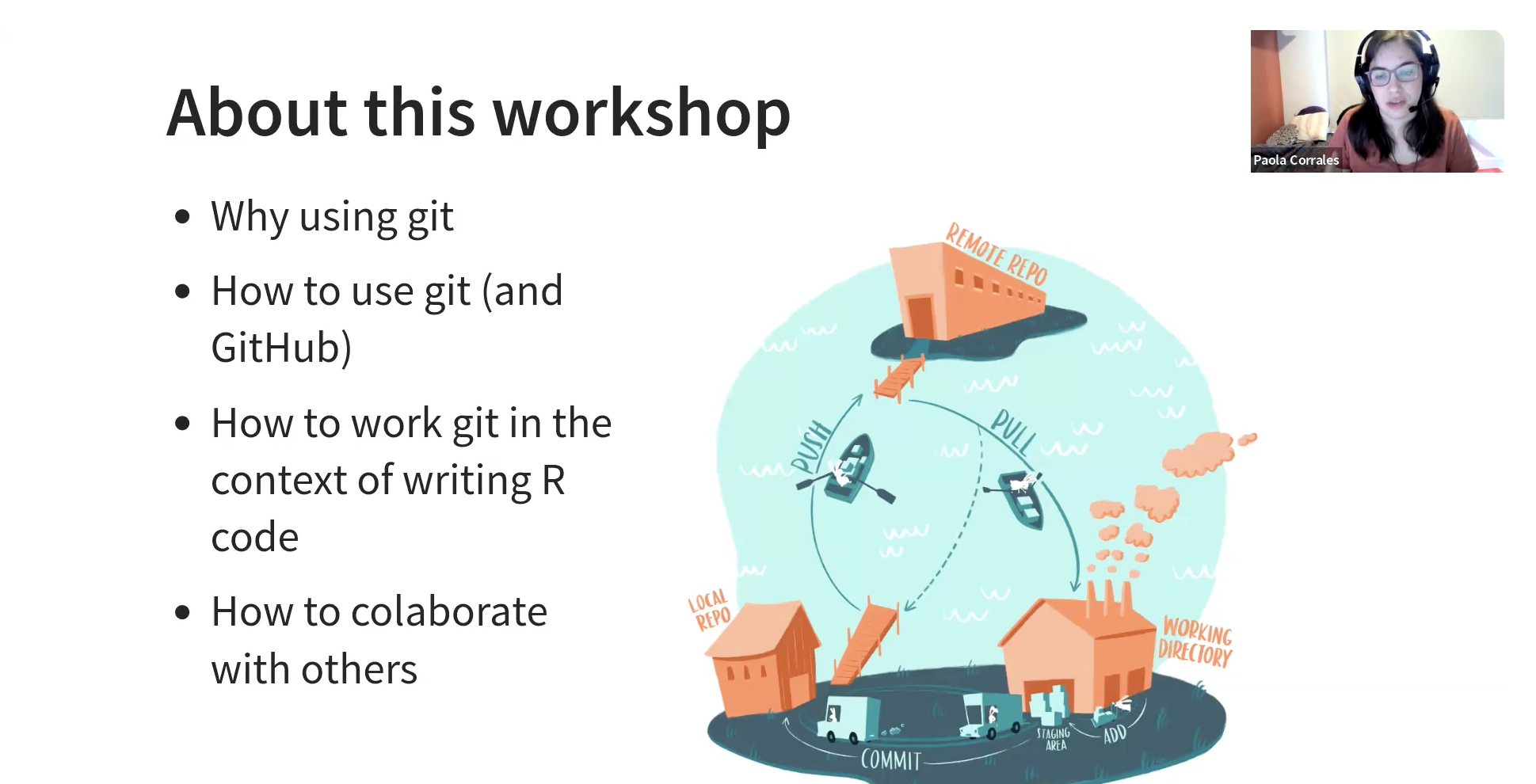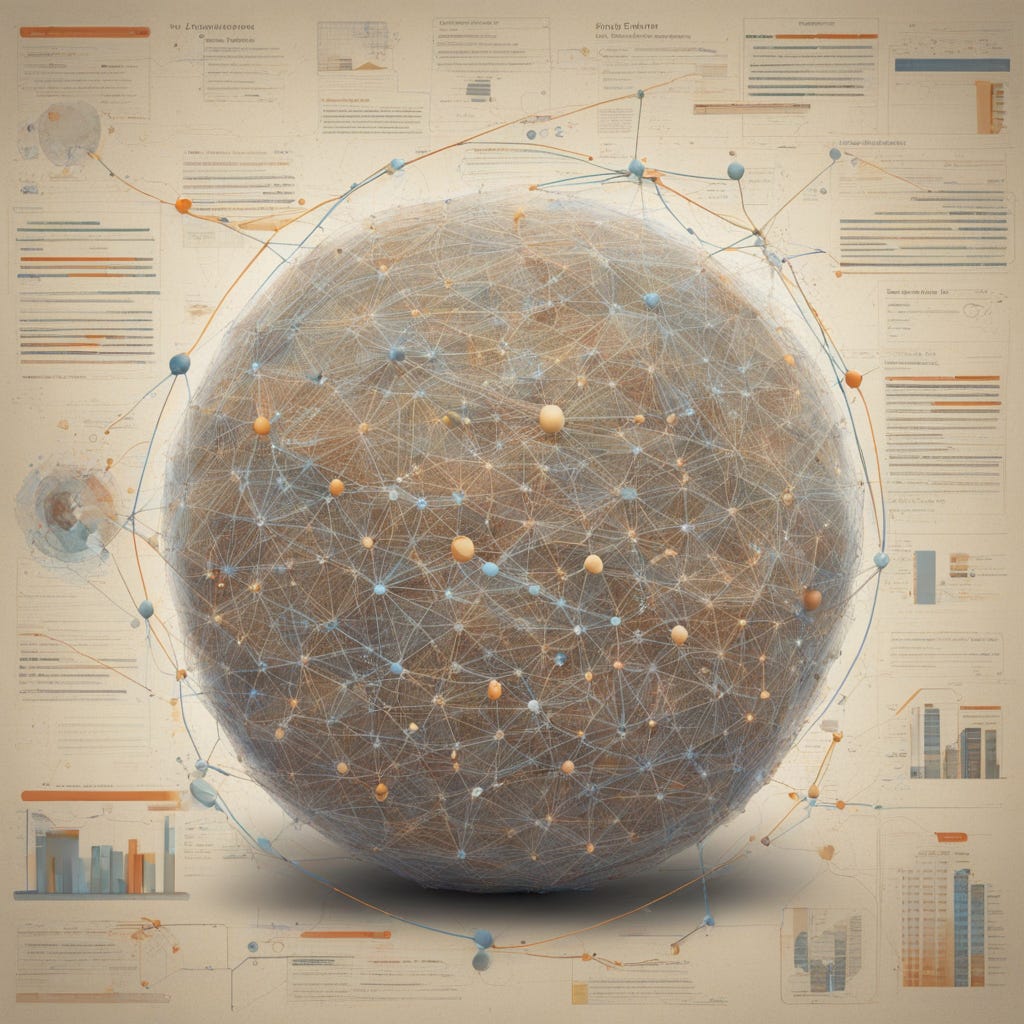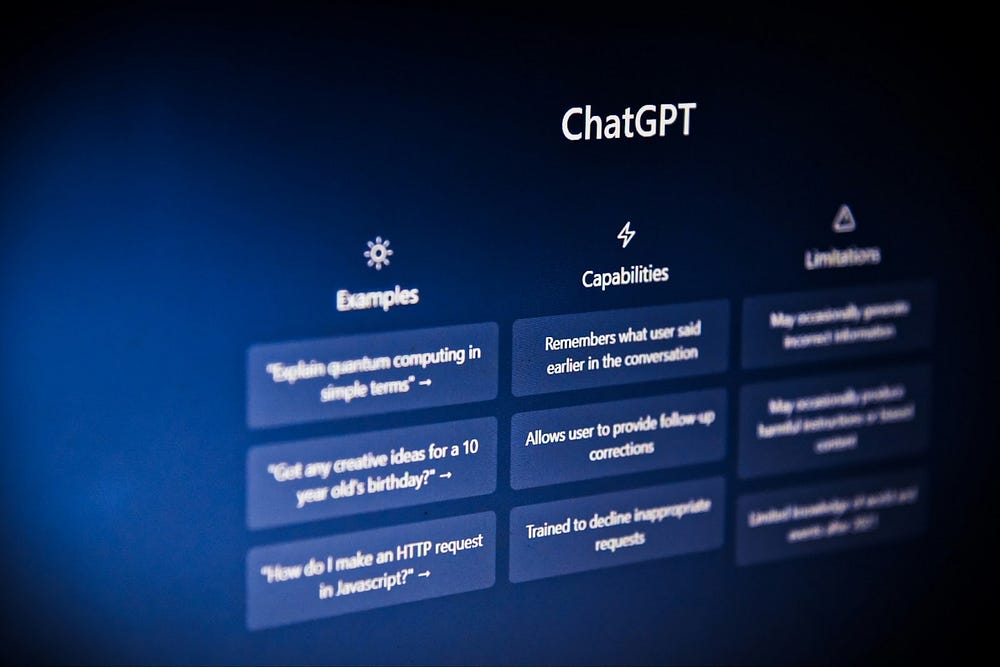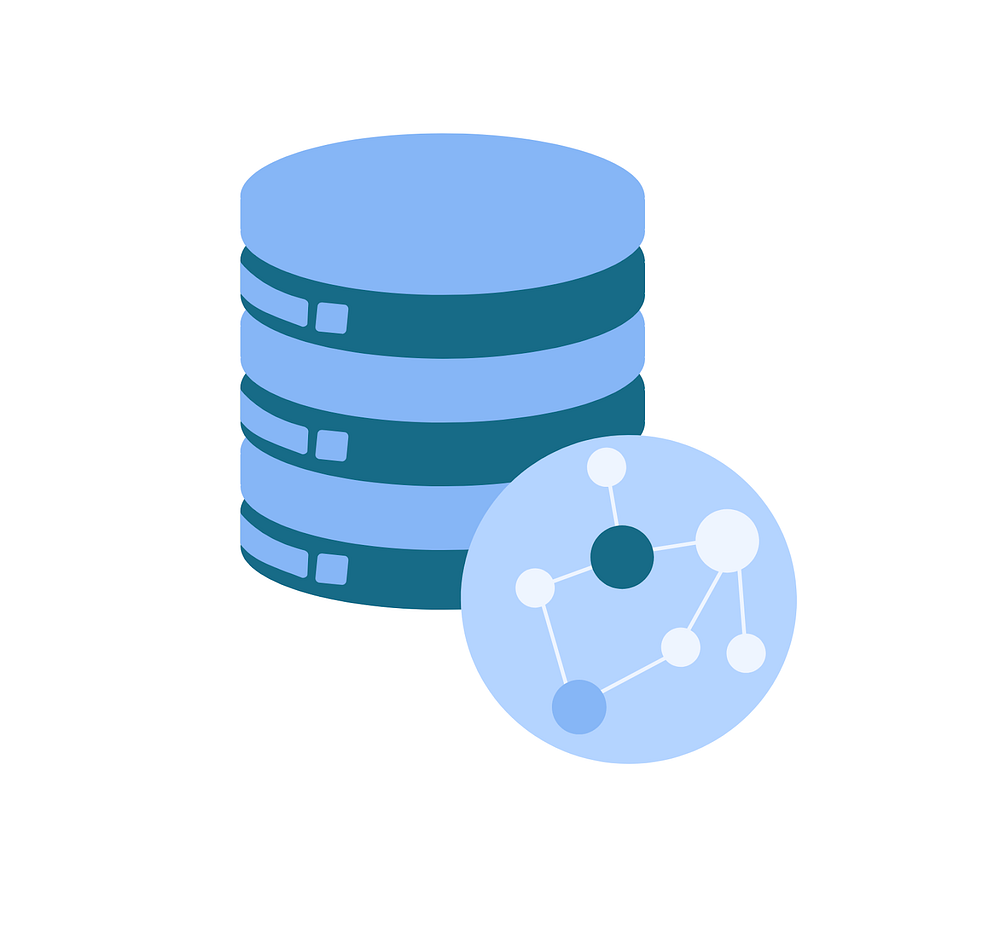
Our first cohort of the rOpenSci Champions Program has now completed the second phase of the program by developing their project and carrying out outreach activities. In this article, we share each Champion’s project, their achievements and their outreach activities. Champions’ Projects In their applications Champions choose to develop a new package or to participate in the review process as authors or reviewers.






